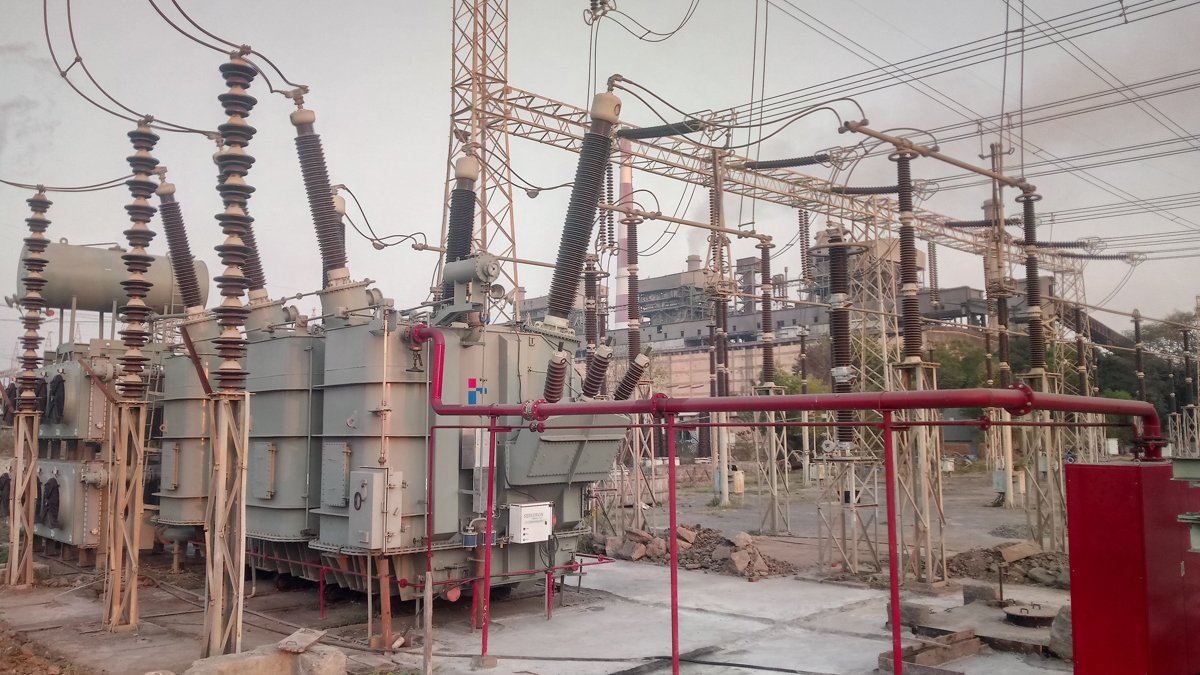When you’re investing in a luxury home, the excitement of exploring architecture, neighborhoods, and amenities is undeniable. However, the cornerstone of a secure and smart purchase lies in due diligence—especially legal due diligence. In cities like Dubai, where the real estate market is dynamic and rapidly evolving, these legal checks are not just advisable; they are essential. Whether you’re exploring Villas for Sale in The Valley by Emaar or a family home in another part of the emirate, overlooking these legal formalities can lead to significant financial and emotional setbacks.
At Modopolis Real Estate, our first-hand experience in navigating Dubai’s intricate property landscape gives us the edge in guiding buyers through the legal aspects of real estate. As the Best Real Estate company in Dubai, we believe informed decisions are the foundation of a secure investment. Here’s a detailed look at the essential legal checks you must conduct before signing the dotted line on your villa purchase.
1. Verify the Developer’s Credentials and RERA Registration
Start by verifying whether the property developer is registered with the Real Estate Regulatory Agency (RERA). RERA is the governing body that regulates Dubai’s real estate market. Developers must have all their projects approved and listed under RERA’s system. This check is crucial whether you’re eyeing Properties for Sale in Dubai or exploring off-plan opportunities.
Request the project registration number and cross-check it on the Dubai Land Department (DLD) website. This ensures that the developer operates within legal boundaries and that the villa project is neither halted nor under litigation.
2. Confirm Title Deed Authenticity
One of the most important documents in any property transaction is the title deed. Ensure that the seller is the rightful owner of the villa and that the title deed is issued by the DLD. Any discrepancy or forged documentation should be considered a red flag.
Visit the Dubai Rest App or DLD website, where property buyers can validate the authenticity of the title deed. You’ll need the property number and the seller’s Emirates ID to verify this. Without a valid title deed, the ownership is not legally transferable.
3. Check the No Objection Certificate (NOC)
Before buying a resale villa, ensure that the seller obtains a No Objection Certificate (NOC) from the developer. This certificate states that the seller has no outstanding service charges or obligations. Without this, the transfer of ownership won’t be possible.
This document becomes even more critical when dealing with high-end projects such as Properties for sale in Dusit Princess Rijas, where strict building management policies may apply. The NOC confirms that the property has adhered to the guidelines of the community and developer.
4. Understand the Mortgage Clearance Process
If the property is mortgaged, make sure that the bank has issued a mortgage clearance certificate. This document confirms that the seller has repaid all outstanding dues, and the property can be sold free of debt.
Buyers should also be cautious while dealing with villas still under a mortgage. In such cases, coordinate with the bank to understand the procedures required for settling the outstanding amount before the title can be transferred.
5. Inspect the Sales and Purchase Agreement (SPA)
The Sales and Purchase Agreement outlines the rights and responsibilities of both the buyer and the seller. It is critical that this document is reviewed in detail, preferably by a legal advisor. Pay close attention to clauses related to handover timelines, penalties for delays, and refund policies.
This is especially vital in newly developed communities such as Townhouses for Sale in DAMAC Sun City, where delivery schedules and quality guarantees are embedded into contractual commitments. A well-drafted SPA can save you from future disputes or financial loss.
6. Ensure the Property is Free from Legal Disputes
A property entangled in legal disputes can be a financial trap. It is imperative to conduct a legal search on the villa to confirm that it is not subject to any ongoing litigation or ownership disputes.
You can request this information from the Dubai Courts or DLD, and in most cases, a reputable real estate company can assist you in obtaining this clearance. Don’t proceed with the transaction unless you are assured that the villa has a clean legal record.
7. Evaluate Service Charges and Community Fees
Different communities in Dubai have varied annual service charges. These fees cover maintenance, security, and shared amenities. Ensure that you know the exact cost and whether the seller has paid all dues up to date.
Communities like Emaar’s The Valley or Dusit Princess Rijas typically have organized Homeowners’ Associations (HOAs), which means adherence to community guidelines and fee structures is enforced strictly. This adds value but also brings responsibility, and being unaware can result in hidden costs post-purchase.
8. Review Building Completion Certificate
Before you finalize the purchase, especially in case of newly built villas or off-plan properties, request the Building Completion Certificate. This certificate, issued by the municipality or the relevant authority, confirms that the property is ready for occupancy and has passed all safety and compliance inspections.
Not having this document could mean your villa lacks final inspections or doesn’t meet occupancy codes, posing risks both legally and from a safety standpoint.
9. Check Utility Clearance
Ensure that all utility bills (electricity, water, gas, cooling) are cleared by the seller. Ask for recent bills and receipts. Also, confirm that these accounts can be transferred to your name without legal or procedural complications.
Some communities require clearance certificates from DEWA or Empower before approving title deed transfers. This step prevents you from inheriting unpaid dues or facing service disruptions right after moving in.
10. Engage a Trusted Conveyancing Agent or Legal Consultant
Finally, even if you’re confident in your ability to navigate the purchase process, it’s strongly recommended to engage a licensed conveyancer or legal advisor. These professionals specialize in real estate law and will ensure every aspect—from contract review to title transfer—is handled correctly and in compliance with local laws.
Given Dubai’s evolving regulatory framework, having an expert oversee the legal due diligence can help avoid costly mistakes and delays. And when working with a reputed name like Modopolis Real Estate, clients benefit from connections to vetted legal experts who ensure a seamless transaction.
Final Thoughts
Buying a villa in Dubai is a significant investment, and the rewards can be substantial if approached with the right knowledge and preparation. Legal due diligence should never be treated as a formality—it is your first line of protection. From verifying developer credentials to reviewing the Sales and Purchase Agreement, every step should be deliberate and guided by legal clarity.
Whether you’re purchasing a luxury estate or exploring Properties for Sale in Dubai for the first time, prioritizing these checks guarantees that your home is not only beautiful but also legally sound. Remember, it’s not just about finding the perfect villa—it’s about securing it the right way.




